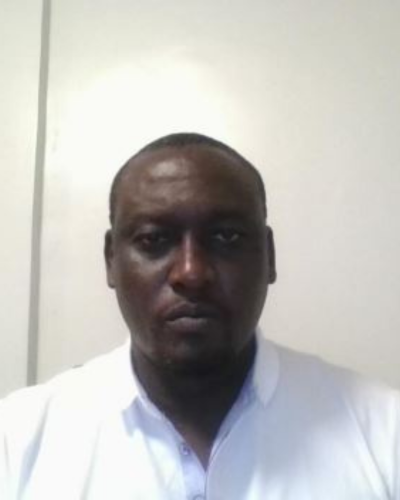Welcome to the Collaboration and Exchange with Researchers in Africa (CERA)
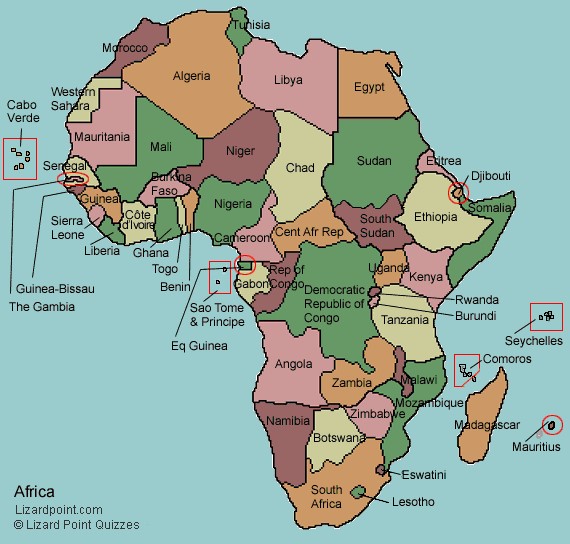 CERA is a premier research fellowship program dedicated to enhancing creativity and ingenuity through collaborations and exchange with scientists from resource limited laboratories in Africa. Our mission is to foster global partnerships and inspire innovation across disciplines. By working with talented graduate students, PhDs, postdoctoral scholars, and faculty from African universities and research institutions, CERA promotes global engagement opportunities in cutting edge research spanning the arc of mathematics and machine learning to manufacturing and entrepreneurship.
CERA is a premier research fellowship program dedicated to enhancing creativity and ingenuity through collaborations and exchange with scientists from resource limited laboratories in Africa. Our mission is to foster global partnerships and inspire innovation across disciplines. By working with talented graduate students, PhDs, postdoctoral scholars, and faculty from African universities and research institutions, CERA promotes global engagement opportunities in cutting edge research spanning the arc of mathematics and machine learning to manufacturing and entrepreneurship.
The power of broadened thought processes is critical in maintaining efficient research productivity, creating lasting solutions, and spurring technologies that are long lasting while being broadly applicable. CERA is designed to support and develop a robust workforce with a broad understanding, amicable to tackling grand challenges. Our fellowship offers comprehensive training, joint research, mentorship, and resource sharing to help scholars advance their research careers and contribute to solving critical challenges. Under our CERA-E (E for entrepreneurship) we collaborate to translate research from our labs into emerging markets expanding the broader impact of America’s scientific output.
This is a bijective partnership. American scientists get a chance to work in a resource limited laboratory in Africa to learn how to adapt to scientific thought sans technology. African scientists get to visit American laboratories where they are exposed to advanced tools and in the process build lasting collaborations with their peers in the U.S.
We invite you to explore our program and join our community of scholars and partners to make a global impact.
World-Class Training
Participate in advanced workshops, seminars, and training sessions led by leading experts.
Mentorship
Receive personalized guidance from experienced mentors in your field of study.
Collaborative Projects
Engage in collaborative research projects with U.S.-based institutions.
World-Class Training
Participate in advanced workshops, seminars, and training sessions led by leading experts.
Mentorship
Receive personalized guidance from experienced mentors in your field of study.
Collaborative Projects
Engage in collaborative research projects with U.S.-based institutions.
Funding and Resources
Access funding and resources to support your research initiatives.
Knowledge transfer
The exchange of information, skills, technologies, and methodologies to promote mutual learning and collaboration, while enhancing research capabilities, addressing global challenges, and fostering innovation.
Professional Development
Enhance your skills through career development programs and networking opportunities, conferences, workshops, and lectures.
Funding and Resources
Access funding and resources to support your research initiatives.
Knowledge transfer
The exchange of information, skills, technologies, and methodologies to promote mutual learning and collaboration, while enhancing research capabilities, addressing global challenges, and fostering innovation.
Professional Development
Enhance your skills through career development programs and networking opportunities, conferences, workshops, and lectures.
CERA Fellowship Advisory Board

Stefan Willemsen, J.D.
Public Health International Executive, Sepsis Alliance Institute
Stefan Willemsen is a performance-driven executive leader with 20 years of experience in In Vitro Diagnostics and Life Science/Biotech Industries. After working in Germany as a lawyer, Stefan studied law at George Washington University Law School after which he joined the New York State Bar. Subsequently, he pursued more studies at Harvard University and London Business School.
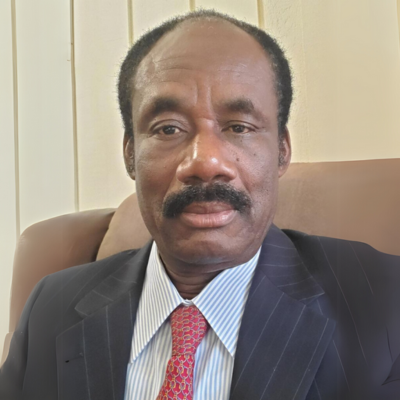
Professor Pierre Boumtje
Professor of Agriculture Economics, Southern Arkansas University
Dr. Boumtje practices the perfect balance of professionalism in teaching paired with genuine interest in his students.
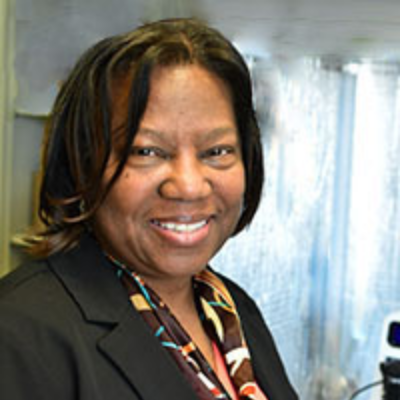
Professor Valerie Goss
Associate Professor of Chemistry, Chicago State University
Dr. Goss is interested in surface chemistry, in higher ordered structures on surfaces which can be modified to build functional circuits or sensors is the driving science behind our research. One of the major nanostructures that her group uses is DNA origami. Her work is applicable to molecular electronics and biomolecule sensing. In addition, she is also interested in nanomolecules binding onto meteorite surfaces, and the antimicrobial properties of metallic nanoparticles.
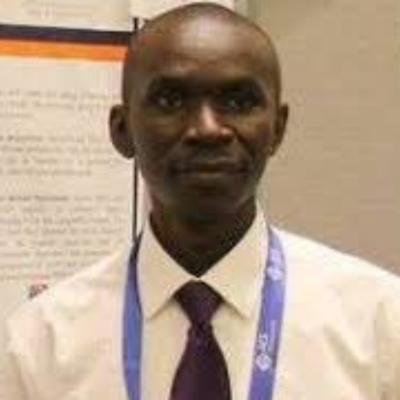
Dr. Symon Gathiaka
Senior Computational & Structural Chemist, Merck & Co., Inc
Dr. Gathiaka explored the mechanism and specificity of PRMT1, a methyltransferase implicated in oncology, using state of the art computational methodologies for his PhD studies. After a postdoc at the University of California (UCSD) building the Drug Design Data Resource (D3R), it seemed natural to pursue a career in the pharmaceutical industry; now he applies computational chemistry to impact the discovery of new medicines.
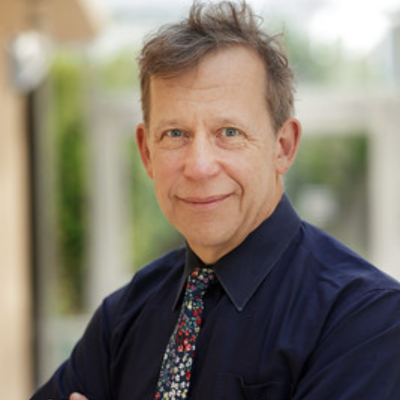
Professor Nicholas A. Kotov
Joseph B. and Florence V. Cejka Professor of Chemical Engineering, University of Michigan
Director, COMPASS
Professor Kotov’s lab has built materials that give us stronger armor, thinner lithium ion batteries, safer paints, better deep brain implants and accurate cancer diagnostic tools. He has been driven to search for novel ideas. He delights in discoveries that break the accepted laws of nature; he encourages his students to embrace the things that make them unique and use those gifts to transcend the academic mold.
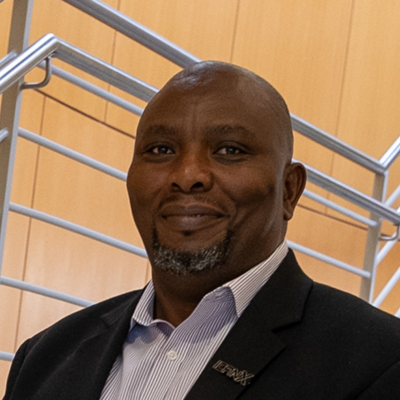
Professor Martin Thuo
Professor, Material Science & Engineering, North Carolina State University
https://mse.ncsu.edu/thuo
Deputy-Director, COMPASS
Professor Thuo researches focus on the development of a generalized framework for engineering structures and ultimately functional devices via self-assembly and/or stacking of molecules, films, or layers of materials, to introduce new function(s) or utility. Thuo’s Lab is, by necessity, an inter-disciplinary physical-organic/materials research group interested in engineering soft matter, and understanding surfaces and interfaces at all size scales.

Valerie Wehiong-Batta, MA
Outreach & Coordination, COMPASS
Mrs. Wehiong-Batta is an accomplished mediator and international project coordinator with extensive experience in leading and contributing to multidisciplinary initiatives around the world. She has worked on various projects across multiple continents, including Africa, Europe in fields ranging from education, knowledge transfer and sustainable development,
She currently serves as the coordinator of the CERA research program that brings together African researchers and scholars from the United States.
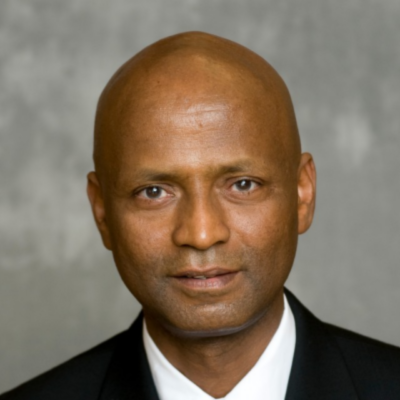
Dr. Yonas Gizaw
Scientist and Innovator, CEO - GreenChemSolution
Consulting services on green chemistry, biodegradable natural polymers, hydrocolloids, surfaces, and interface science to SMEs and major corporations.

Dr. Elena Della Valle
COMPASS Managing Director, PhD
A well rounded research engineer with broad experience on different subjects (technical and managerial/logistic).
How to Apply CERA
Eligibility Note
To be considered for the research fellowship, candidates must be at least PhD students in Science, Technology, Engineering, or Mathematics (STEM) fields.
(2024/10/28)
Dear Applicant,
Thank you for your interest in our program. Please note that any applications received at this time will be considered for the 2026 cycle.
We appreciate your enthusiasm and look forward to reviewing your submissions.
Best regards,
Valerie Wehiong-Batta
Outreach & Recruitment Coordinator
Our Fellows’ Stories
We’re the fellows in the CERA Fellowship program. Get to know us!
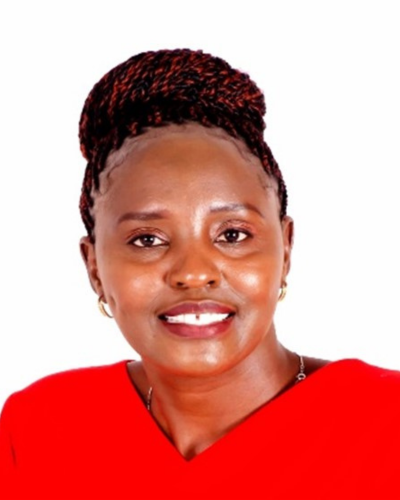
Dr. Bridget Mutama
Cohort#1, Prof. Kotov Lab
Interest in the development of plastic waste-derived carbon nanomaterials/core-shell nanostructures.
A visiting researcher from the Department of Chemistry, University of Nairobi, Kenya.
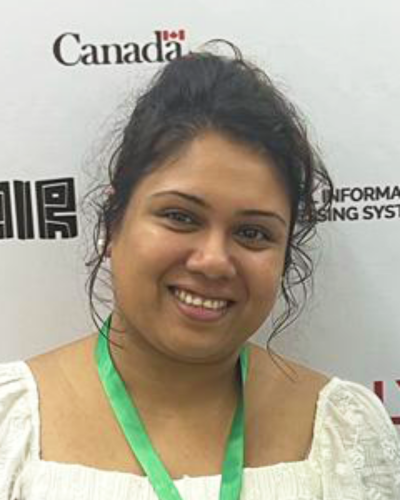
Lakshmi Sujeeun, PhD student
Cohort#1, Prof. Kotov Lab
Research focuses on applying machine learning (ML)
Centre for Biomedical and Biomaterials Research (CBBR), University of Mauritius – Mauritius
Member of COMPASS Junior Scientists Board.

Dr. Dickson Owuor
Cohort#1, Prof. Kotov Lab
Interests in unsupervised/supervised learning, graph theory, and chaos theory, for analyzing data.
Lecturer at Strathmore University in Nairobi, Kenya.
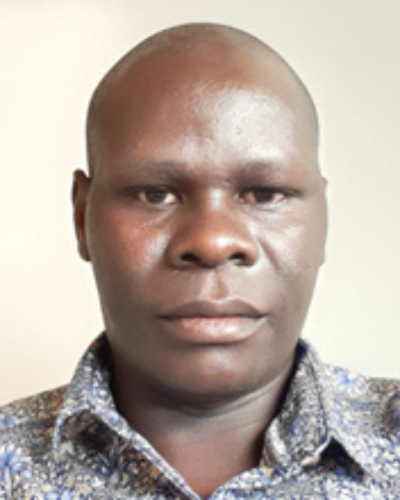
Dr. Duke Oeba
Cohort#2, Prof. Kotov Lab
Research focuses on investigation of the properties of novel materials for next-generation renewable energy.
Researcher and lecturer at the Department of Physics at Egerton University, Kenya.
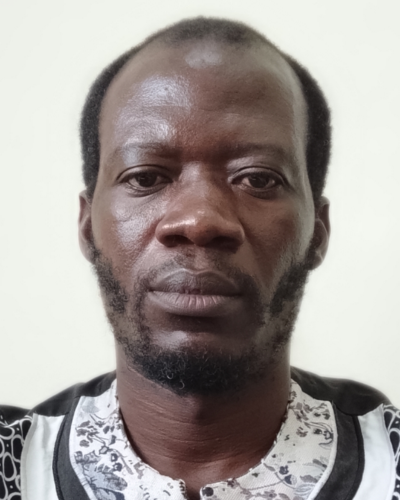
Yves Jonathan Ndje, PhD Student
Cohort#2, Prof. Bogdan Lab
Computer Science – Machine Learning Mechanisms for Monitoring and Fraud Detection, University of Douala – Cameroon
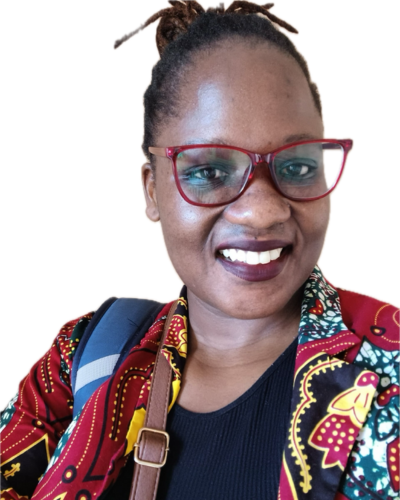
Thabiso Masole, PhD student
Cohort#2, Prof. Thuo Lab
University of Botswana, Gaborone, Botswana
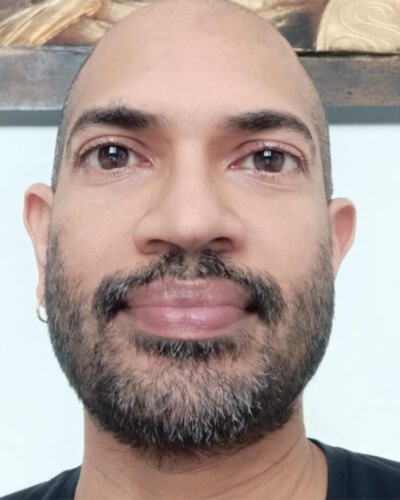
Dr. Yash Boyjoo
Cohort#2, Prof. Qian Chen
CBBR, University of Mauritius, Mauritius
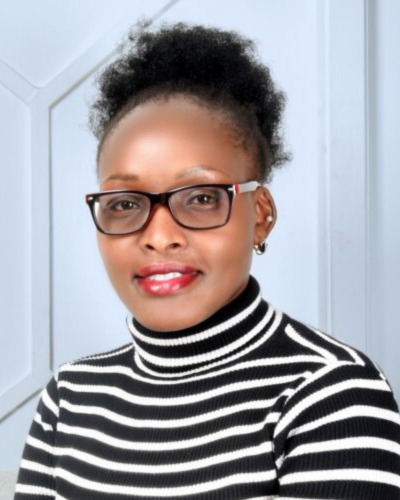
Susan Mwaka, PhD student
Cohort#2, Prof. Nikolla Lab
Catalysis
University of Nairobi, Kenya
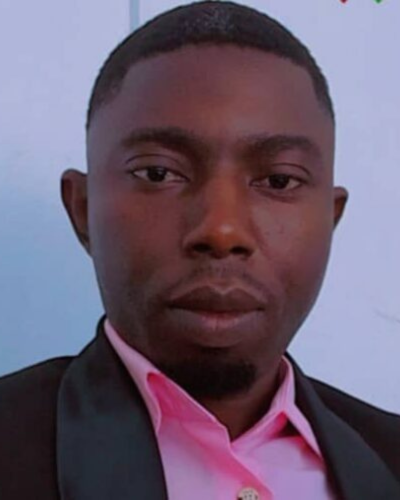
Dr. Jean Moto Ongagna
Cohort#2, Prof. Sharon Glotzer Lab
Computer Science
University of Douala, Cameroon
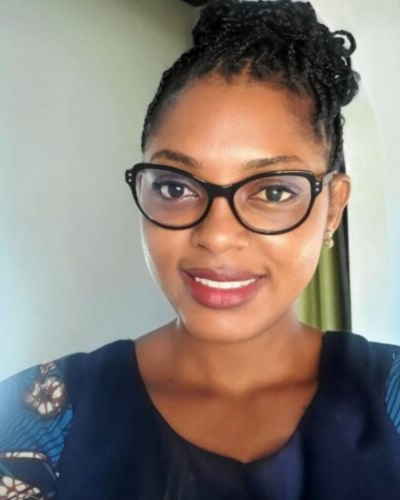
Nalova Hermia Ikome, PhD student
Cohort#2, Prof. Thuo Lab
Institute: Institute of Medical Research and Medicinal Plant Studies (IMPM)/ Research Officer
University of Yaounde, Cameroon
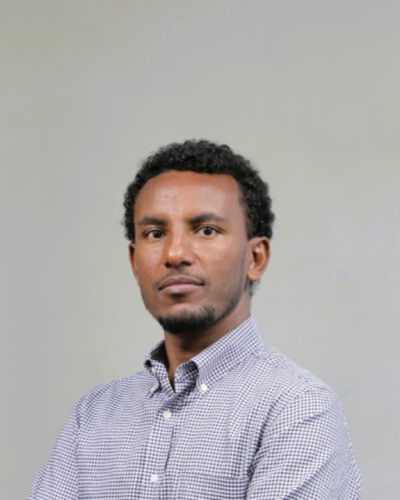
Dr. Anteneh Mersha, PhD
Cohort #2, Prof. Kotov
Assistant Professor
Research: Development of mechanically reinforced free-standing nanomembranes
Addis Ababa Science and Technology University,
Addis Ababa, Ethiopia
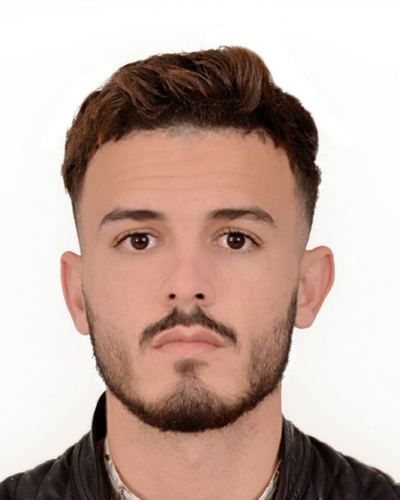
Naji Majoud, PhD Student
Cohort # 2, Prof. Thuo Lab
Materials Science, energy & Nano-Engineering
Mohammed VI Polytechnic University,
Benguerir, Morocco
CERA African Mentors
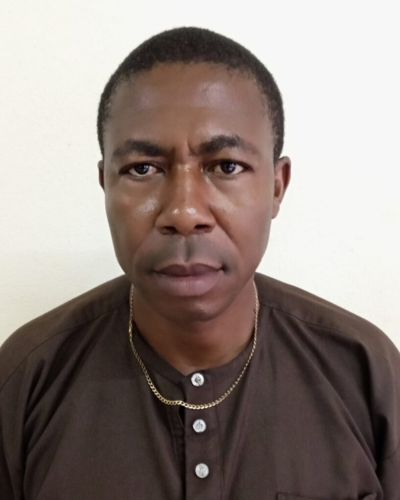
Natanael Tehna, Ph.D.
Research Areas:
Pollution of mining and urban ecosystems.
Evolution of materials within weathering profiles and in sedimentary environments.
Petrological characterization of supergene materials subject to anthropogenic influences.
E-mail: [email protected]
Superficial Formations and Applications Geosciences Laboratory
Department of Earth Sciences, Faculty of Sciences
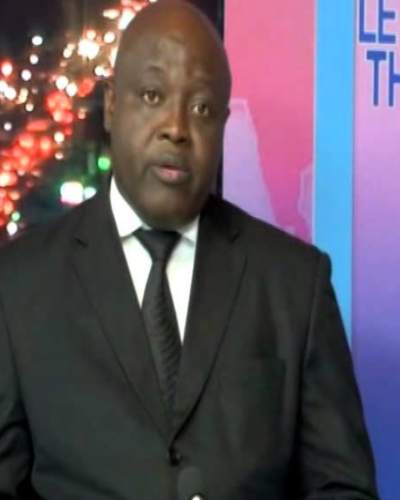
Prof. Léopold Gustave Lehman
Research Areas:
– Immunoparasitology and diagnostic of infectious diseases
– Creation of the first botanical garden in Douala and development of curricula for agritech and environmental protection in primary schools.
– Archeological research in Cameroon
[email protected]
https://www.ured-douala.com/curriculumvitae_18042008124420.asp
Prof. Lehman is a Biologist; Chairman of the Institutional Ethics Committee of the University of Douala, Cameroon and member of the ‘National Ethics Committee for Health Research’
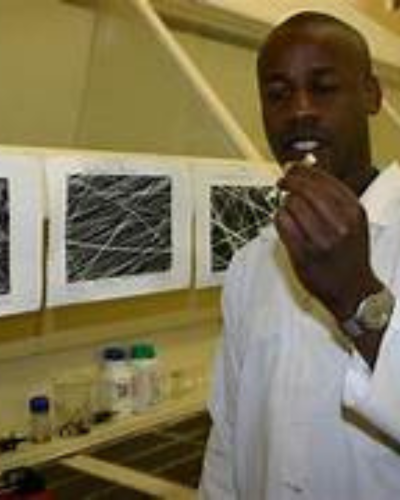
Samuel Chigome, Ph.D.
Research Interest:
Electrospinning, Water and Air FiltrationWork is primarily on electrospinning, initially with a focus on electrospun nanofiber based analytical device fabrication. Progressively, his application of electrospinning broadened to cover energy, health and the environment
Botswana Institute of Innovation Research, Gaborone/Botswana
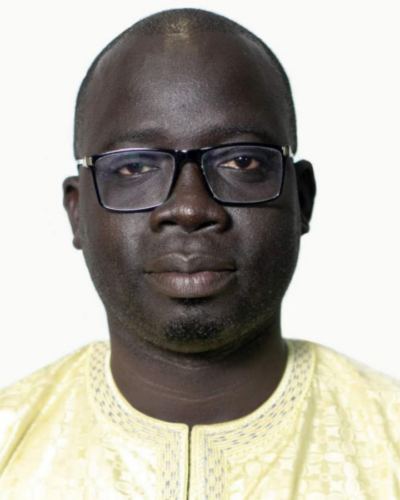
Prof. Balla Diop Ngom
Research Director, Department of Physics, UCAD/Dakar-Senegal
President of the African Materials Research Society and Chairman at NanoAfnet.Research focuses on Biomass which is transformed into activated carbon
[email protected]
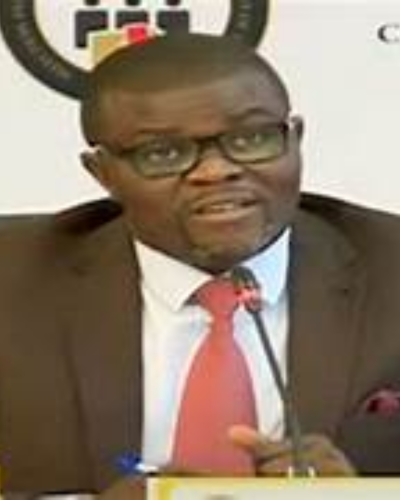
Prof. Richard O. Oduor
Associate Professor of Molecule Biology
https://spas.ku.ac.ke/department-of-biochemistry-faculty/prof-richard-o-oduor
RESEARCH INTERESTS: Genetic Engineering, Drug Discovery and Forensic Science
Department of Biochemistry, Microbiology and Biotechnology
Kenyatta University, Nairobi/Kenya
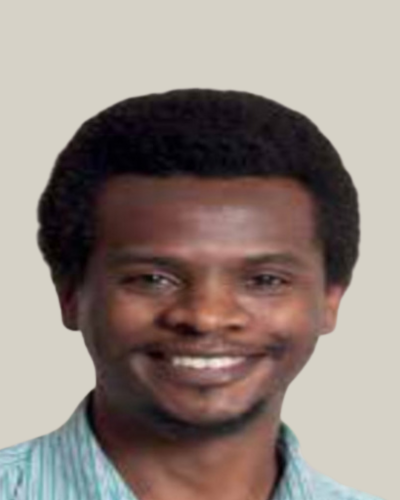
Dennis Karanja, Ph.D.
Architect and Lecturer
Department of Landscape Architecture/School of Architecture and Building Sciences
https://www.ajlajournal.org/articles/editorial-7
Jomo Kenyatta University of Agriculture and Technology
Nairobi, Kenya
Contact Us
Website: https://compass.engin.umich.edu/
Email: [email protected]
Tel. (001) 984-335-5040 (WhatsApp)

